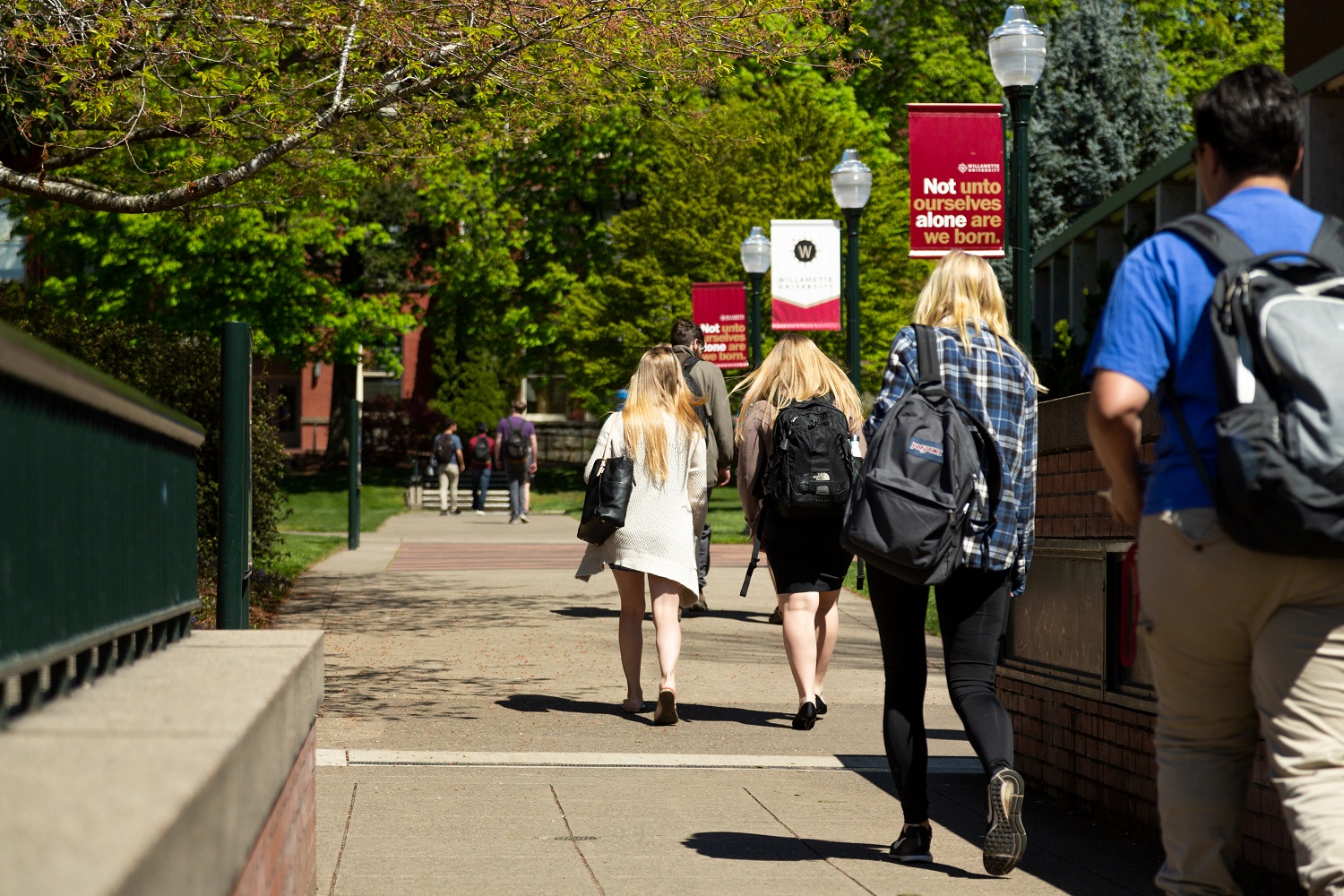TEFMA Workshop provides insights into Strategic Asset Management from Australia’s leading Universities
On 23rd June 2021, the Tertiary Education Facility Management Association (TEFMA) held a workshop on Strategic Asset Management (SAM) with education participants from all over Australian and New Zealand. As a proud partner of TEFMA, GJK Facility Services was delighted to support this event.

GJK Director of Strategic Relationships, Kristiana Greenwood, was the lead of one of the break-out groups at the recent TEFMA SAM Workshop, where delegates discussed the importance of Strategic Asset Management planning and lessons learnt around space planning in the new COVID affected world.
In the new world which we share with COVID, events are often not as they used to be, and this one was no exception. With groups scattered all over Australian and New Zealand, some together in one room and other individuals on Zoom, this was the hybrid event that is our new normal.
The workshop was represented by over 40 universities and institutions across Australia and New Zealand, and 17 TEFMA partners and service providers ranging from FM service groups to architects and consultants. All up there were 156 delegates attending this two-hour event, bringing together those working in planning, design and operational roles within strategic asset management.
The session commenced with Matt Smith, TEFMA Director and Chair of the SAM Guideline Special Interest Group, giving a brief introduction into the new SAM Guideline document, opening for the keynote speaker Mick Serna from SAFM Solutions. Mick related two chapters of the guideline to the workshop discussion questions as a lead-in to the group engagement.
Following the keynote, the attendees then broke out into regional groups to address two very important questions:
- Many institutions are currently facing increased budget pressures and reduced staffing resources. Why is strategic asset management more critical now than ever before?
- Efficient and high functioning space leads to better strategic outcomes for institutions. What lessons have we learned from this COVID-19 era that can assist facility managers to support decisions to improve space utilisation.
After 40 minutes of robust discussion, the groups came together to share their thoughts and insights with each group leader presenting the highlights from their group discussion. One thing that was immediately evident is how well aligned the universities are across the board with many groups raising very similar concerns and opportunities. Some examples are, we need to re-think our priorities when planning our Strategic Asset Management strategy to ensure we can introduce efficiencies to save money with limited budgets and resources. It is evident that asset life-cycles need to be extended to save on replacement costs and data collection is key to allow analysis on the ability to save money through strategies such as the introduction of predictive maintenance modelling. Rethinking procurement strategies to save money and time by bundling up services and engaging with a single supplier to offer multiple services – for example: cleaning, waste management, grounds maintenance and handyman services as one tender.
The discussion around space utilization was even more engaging with conversation around the importance of flexibility of space to ensure maintenance costs are kept down when areas are not in use. The commercialization of space for tenancies was a topic now that many universities have less students physically on campus. The realization that not every class needs to be held on campus and can now be held online changes the social culture of a university and that can potentially be a risk as well as an opportunity for students and teachers. Hybridisation, adaptability and the smart re-purposing of space are obviously very high on the agenda of university facility managers currently.
The event was wrapped up by Glenn Mowbray, President of TEFMA, at 3pm although I suspect everyone would have been happy to stay on to prolong this very insightful discussion.
This was my first time attending the Strategic Asset Management workshop and it is rare that you have such a large, physically dispersed group who are all so passionate and vocal about their industry and how to help each other to streamline FM in universities to prepare for another one in 100-year event such as Covid.
The lessons that have been learnt will be the solutions for the future and I believe we can all take a feather out of TEFMA’s cap in bringing together the key stakeholders to brainstorm together on how to benefit from best practice FM in unison.
Written by Kristiana Greenwood
